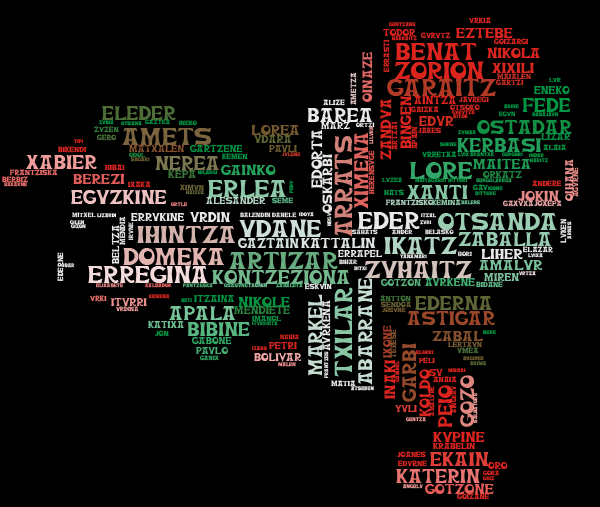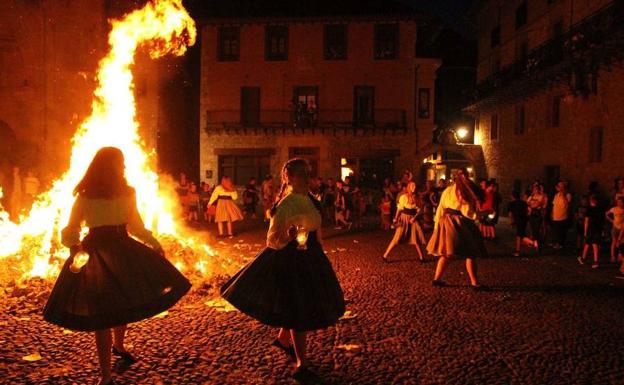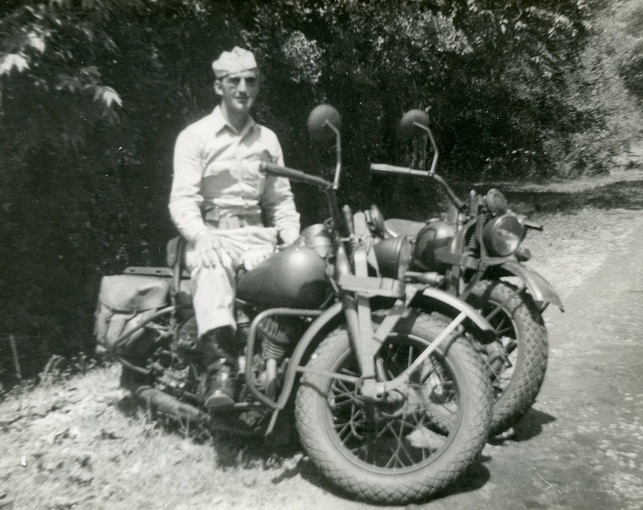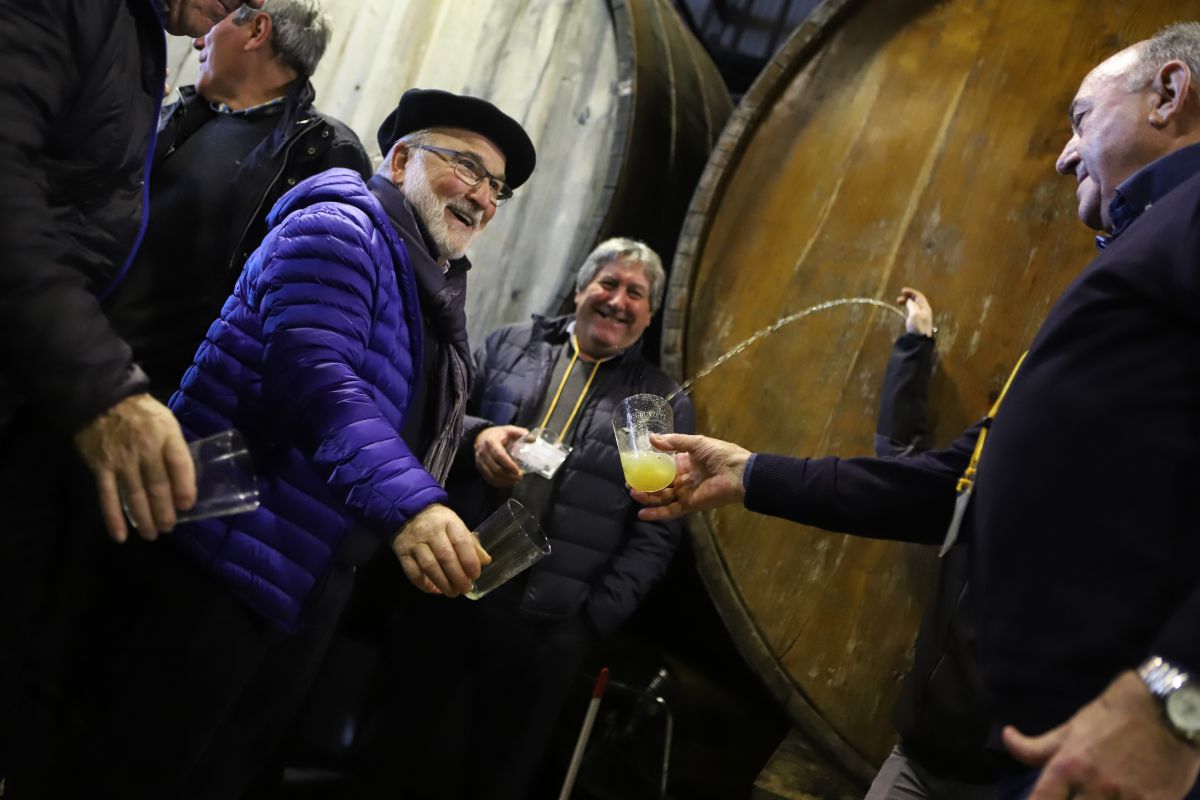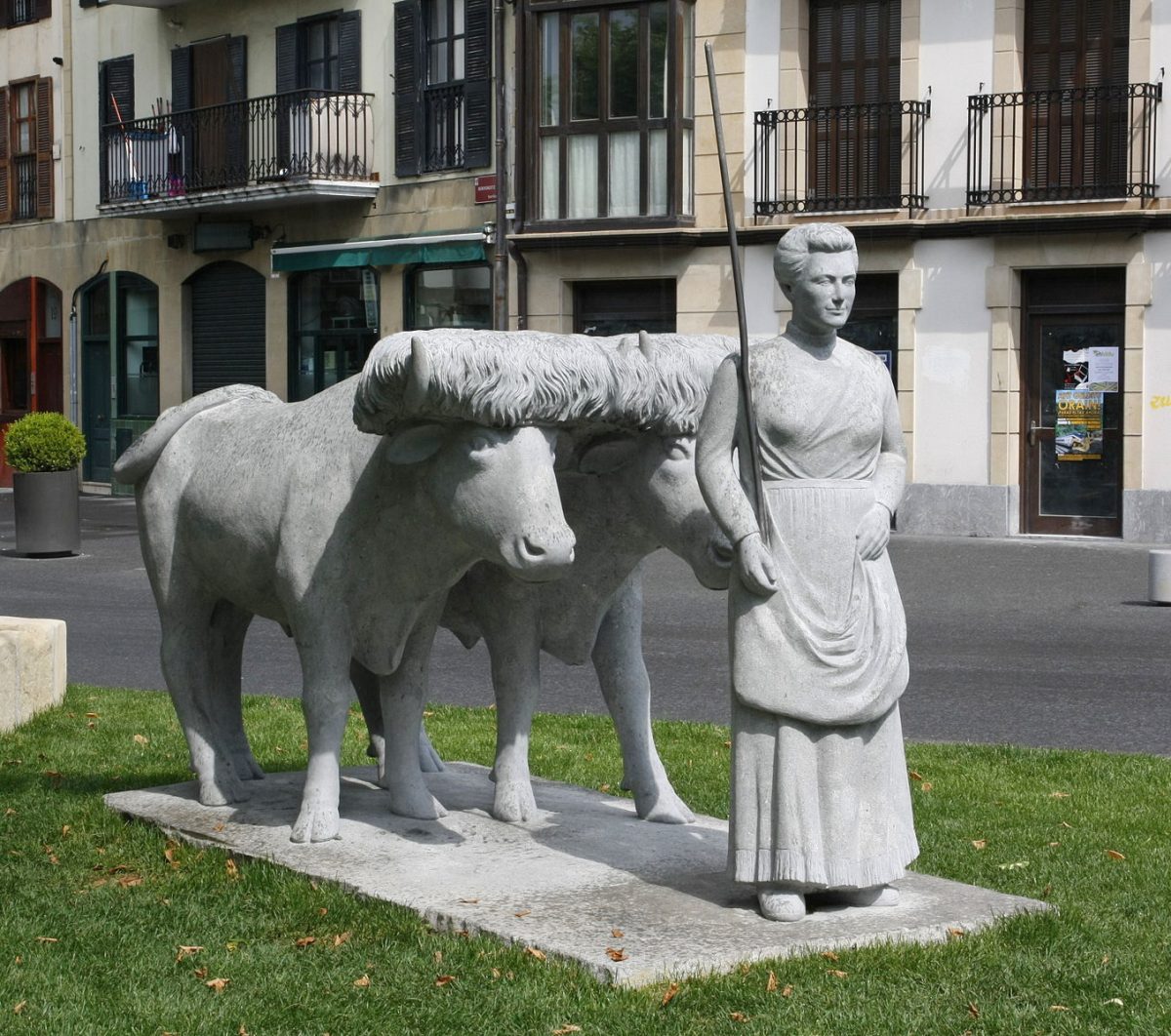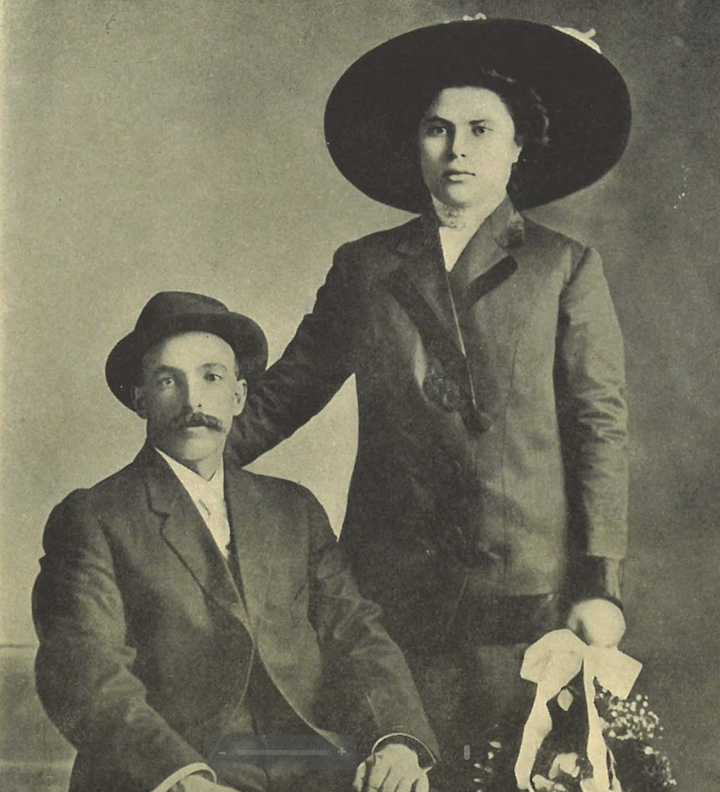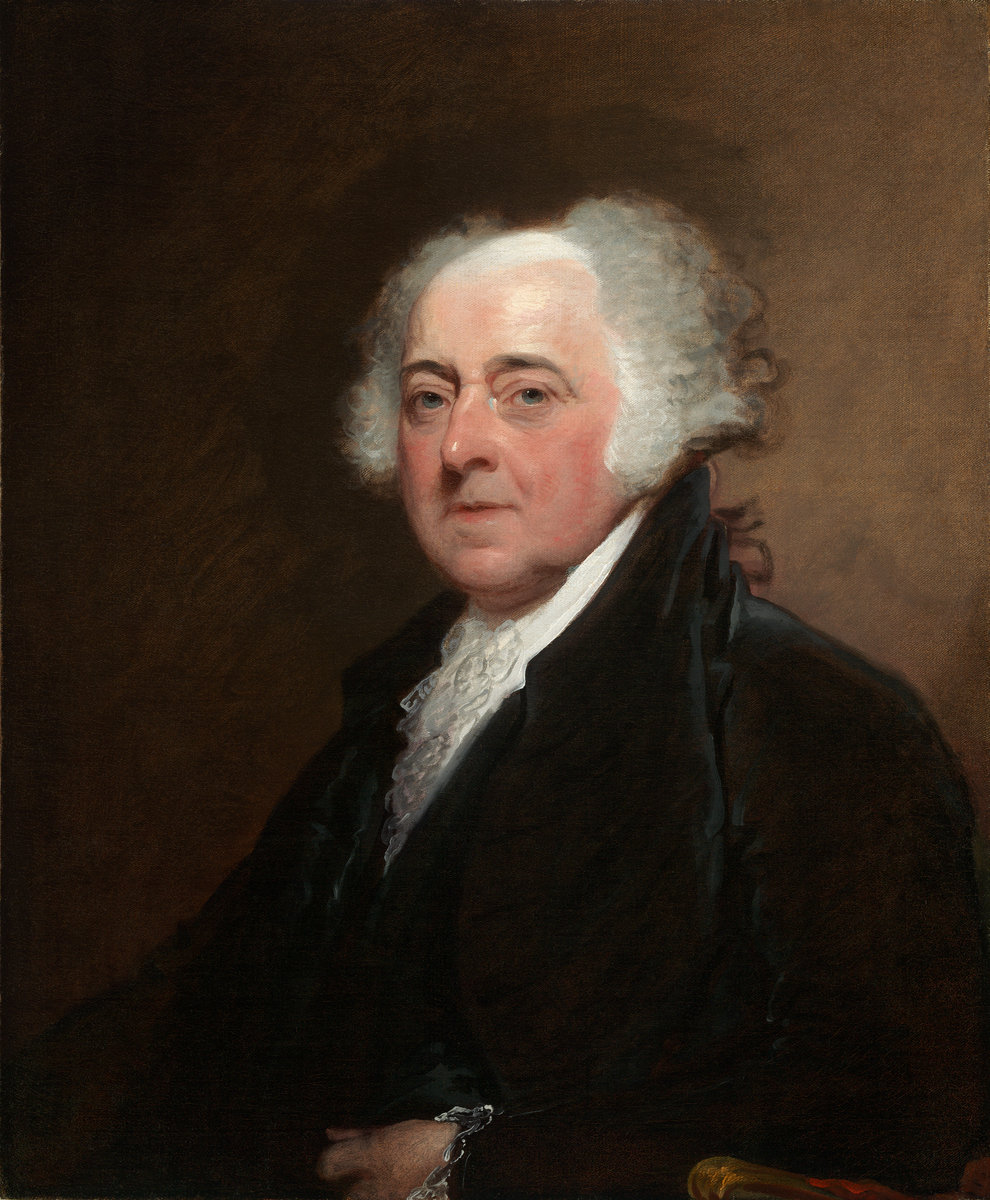
Basque Fact of the Week: John Adams’s Basque Adventure
It was 1779 and John Adams and his sons were on their way to Paris with the goal of establishing a commercial treaty with Great Britain and ending the Revolutionary War. On the way, however, their ship was battered by storms and they limped their way into Spain. After some debate and discussion, Adams and […]


